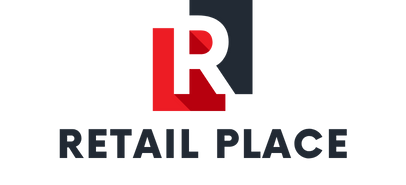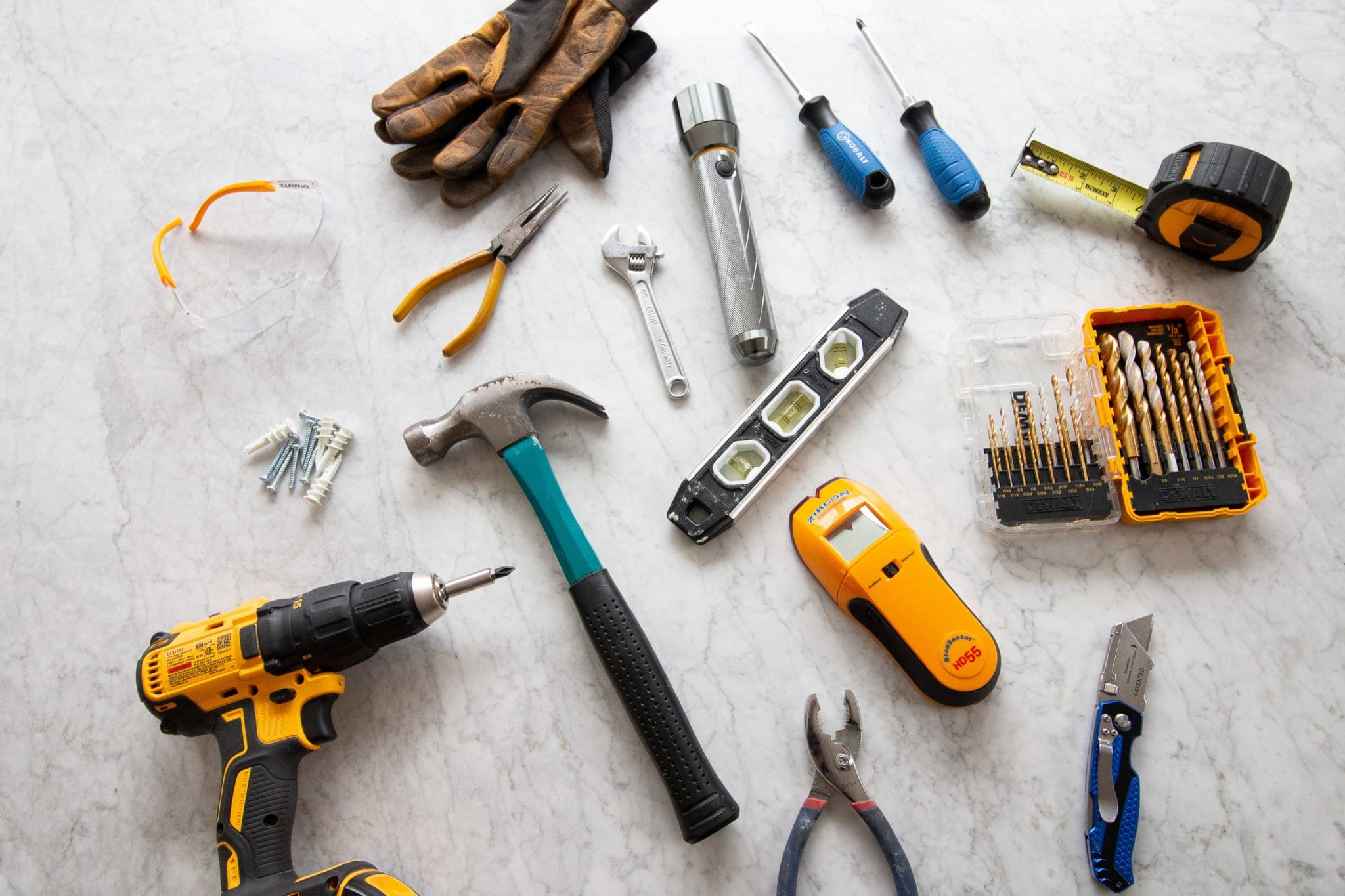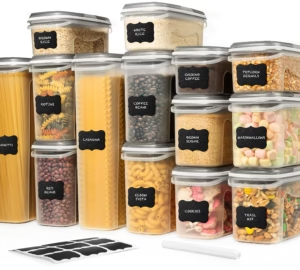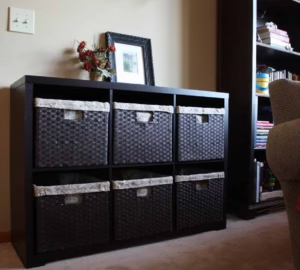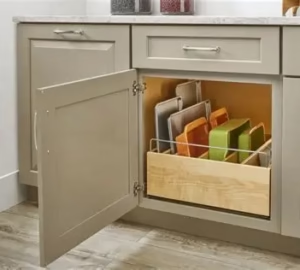Becoming a homeowner in Kenya, whether it’s a new apartment in Kilimani or a family home in Kisumu, comes with a sense of pride and responsibility. While professional help is always available for major repairs, having a basic set of tools on hand empowers you to tackle minor fixes, assemble furniture, and handle unexpected household issues without delay. A well-equipped toolkit is an investment that saves you time, money, and hassle in the long run.
At Retail Place, we’ve compiled a comprehensive list of essential tools every Kenyan homeowner should consider having, helping you become your own capable handyman or handywoman.
The Core Essentials: Hand Tools for Everyday Tasks
These are the fundamental tools that will handle most small jobs around the house.
- Claw Hammer: Indispensable for hanging pictures, light demolition, and tapping things into place. Opt for one with a comfortable grip.
- Screwdriver Set (Phillips & Flathead): You’ll need various sizes for everything from tightening loose cabinet handles to assembling flat-pack furniture. A multi-bit screwdriver can be a space-saver.
- Pliers (Combination & Needle-Nose):
- Combination Pliers: Great for gripping, twisting, and cutting wires.
- Needle-Nose Pliers: Perfect for reaching into tight spaces, bending small wires, or retrieving dropped items.
- Adjustable Wrench: A versatile tool for tightening or loosening nuts and bolts of various sizes, particularly useful for plumbing minor leaks or bicycle repairs.
- Utility Knife (Box Cutter): Invaluable for opening packages, cutting cardboard, trimming materials, and countless other tasks. Ensure it has a retractable blade for safety.
- Tape Measure (at least 5-7 meters): Essential for everything from measuring furniture for new spaces to hanging curtains or calculating paint needs.
- Spirit Level: Ensures your shelves, pictures, and mirrors are perfectly straight. A small one (around 30-60cm) is sufficient for most household tasks.
Measuring and Marking: Precision is Key
Beyond the tape measure and level, a few items ensure accuracy.
- Pencil/Marker: For marking measurements or drill spots.
- Notebook: To jot down measurements, shopping lists, or project ideas.
Fasteners and Adhesives: For Fixing and Joining
It’s not just about the tools; it’s about what you fix things with.
- Assorted Screws, Nails, and Wall Plugs: Have a small selection of common sizes for various hanging or fixing needs. Wall plugs (rawlplugs) are crucial for hanging anything substantial on concrete or plasterboard walls, common in Kenyan homes.
- Super Glue/Wood Glue: For quick fixes of broken items or minor wood repairs.
- Duct Tape/Electrical Tape: The classic “fix-all” for temporary repairs, sealing, or electrical insulation (use electrical tape for wiring, not duct tape).
Safety First: Protecting Yourself
Safety gear is non-negotiable, even for small DIY jobs.
- Work Gloves: Protect your hands from cuts, scrapes, and splinters.
- Safety Glasses: Essential when drilling, hammering, cutting, or working with chemicals to protect your eyes from debris.
- Dust Masks: If you’re drilling into walls or dealing with dusty environments, a simple dust mask protects your lungs.
Power Tool Starter Pack: Efficiency for Bigger Jobs
While hand tools cover a lot, a few power tools make bigger tasks much easier.
- Cordless Drill/Driver: If you only get one power tool, make it this one. It’s incredibly versatile for drilling holes (e.g., for hanging shelves, curtain rods) and driving screws quickly. Look for one with adjustable torque settings.
- Drill Bit Set: Get a comprehensive set that includes bits for wood, metal, and masonry (for concrete walls common in Kenya).
- Flashlight or Headlamp: Indispensable during power outages (rattling) or for working in dimly lit areas like under sinks or in the attic.
Minor Plumbing & Electrical: Simple Solutions
- Plunger (Toilet & Sink): A must-have for clearing minor clogs. Consider having two different sizes – one for sinks/showers and a larger one for toilets.
- Electrical Tester (Voltage Detector): A non-contact voltage tester can safely tell you if a wire or outlet is live before you touch it, crucial for basic electrical checks.
Cleaning & Maintenance: Keeping Things Tidy
While not “tools” in the traditional sense, these are essential for maintaining your home.
- Heavy-Duty Buckets: For cleaning, mixing, or carrying items.
- Broom & Dustpan: For quick clean-ups.
- Cleaning Cloths/Sponges: For general cleaning tasks.
Where to Buy Quality Tools in Kenya
You can find these essential tools at various places across Kenya:
- Hardware Stores: Local hardware shops in your neighborhood are excellent sources for individual tools and advice.
- Larger Retailers/Supermarkets: Stores like Carrefour, Quickmart, or Naivas often have dedicated hardware sections with basic tool kits.
- Specialized Tool Shops: For higher quality or specific brands (e.g., Bosch, Stanley, Makita), look for specialized tool suppliers in industrial areas of major cities like Nairobi (e.g., United Tools, Simba Tools, Metro Tools).
- Online Marketplaces: Jumia Kenya and other e-commerce platforms offer a wide range of tools, often with competitive prices, but always check seller reviews.
Building your homeowner’s toolkit is a gradual process. Start with the absolute essentials, and expand as your DIY confidence grows and specific needs arise. With these tools by your side, you’ll be well-prepared to handle almost anything your Kenyan home throws at you, turning potential frustrations into satisfying DIY successes.





